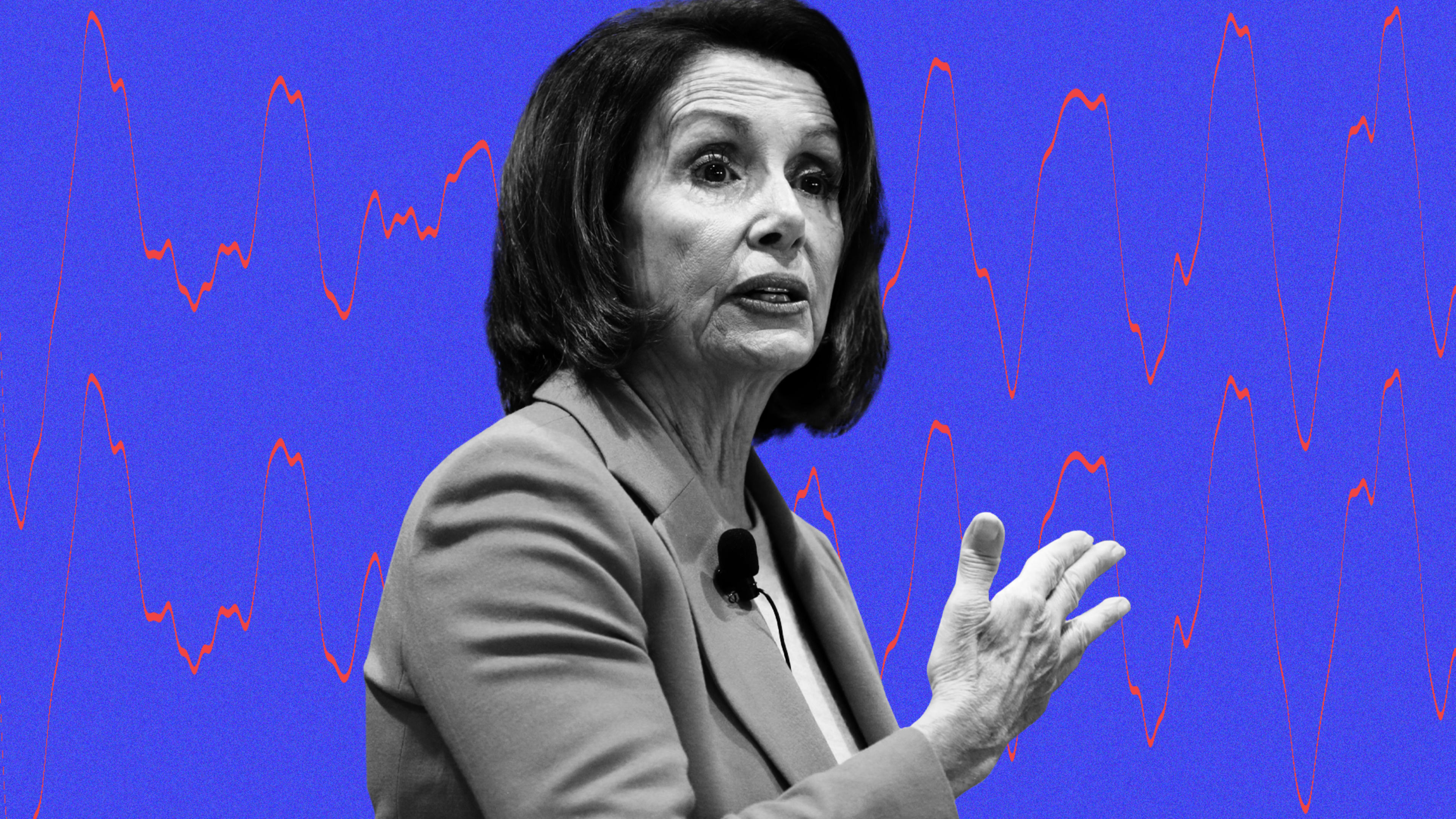Few issues in America enjoy bipartisan support these days. That was true before the coronavirus pandemic, and despite the common platitude that “we’re all in this together,” Americans remain as divided as ever along political lines in the COVID-19 era.
One rare exception is the idea that the federal government should give direct payments to Americans during the pandemic. It’s easy. It’s clean. And it actually does stimulate the economy. The first round of economic stimulus checks was widely supported by Americans, and most Americans would support a second round as well. One recent poll from CNBC/Change Research found that three-quarters of likely 2020 voters in battleground states supported “sustained” direct payments. Another poll from Data for Progress found that 66% of voters and 52% of Republicans were keen to the idea of direct payments for up to a year after a state of emergency ends.
Yes, even Mark Cuban agrees: Giving people money right now is a good idea.
Unfortunately, any hopes that a second stimulus check will show up anytime soon have just evaporated in a cloud of congressional disagreement. Here’s the latest update:
The fate of the HEROES Act
A week ago, hopes were briefly raised for a second stimulus check when the House passed a new $3 trillion economic stimulus package that included direct payments to Americans ($1,200 for individuals and $2,400 for married couples, plus additional payments for dependents). But the Heroes Act was called “dead on arrival” by Republicans, and that’s exactly what happened.
Love what you’re reading? Subscribe now to get Fast Company delivered to your door
Despite calls all this week from Democrats demanding a vote on the bill, Senate Majority Leader Mitch McConnell refused to take it up, saying he wanted more time to wait and see how the first round of economic stimulus was playing out. In an interview on The View Thursday, Senate Minority Leader Chuck Schumer accused McConnell of living in an “alternative universe” where people don’t need help immediately.
McConnell later insisted in an interview with Fox News on Thursday that the next COVID-19 stimulus is “not too far off” but that the Senate is “not quite ready” to hash it out. In retrospect, the Heroes Act never stood much of a chance.
Instead of holding a vote on The #HeroesAct, Senate Republicans are engaging in a clear act of political retribution designed to help the President keep his job.
The Senate must stop playing along with the President’s dangerous tactics & take steps to save lives and livelihoods.
— Nancy Pelosi (@SpeakerPelosi) May 20, 2020
Where are we now?
With the Memorial Day weekend ahead of us, there’s very little chance that Congress will come to any kind of a deal that would get money into your pocket this month. The Senate adjourned yesterday and will not reconvene until June 1.
If and when Congress does finally come to a deal, Americans may not see direct payments for another several weeks or months after that. The first round of stimulus payments was part of the CARES Act, which was signed by the president in March 27. But the first wave of direct deposit payments did not hit people’s bank accounts until mid-April, and some taxpayers expecting checks from the IRS are still waiting to this day.
Bottom line: Most Americans support direct payments during the coronavirus pandemic, but a second stimulus check is weeks away at the earliest and may never come at all. We’ll update this post with the latest as soon as we hear something more.
Recognize your company's culture of innovation by applying to this year's Best Workplaces for Innovators Awards before the extended deadline, April 12.
